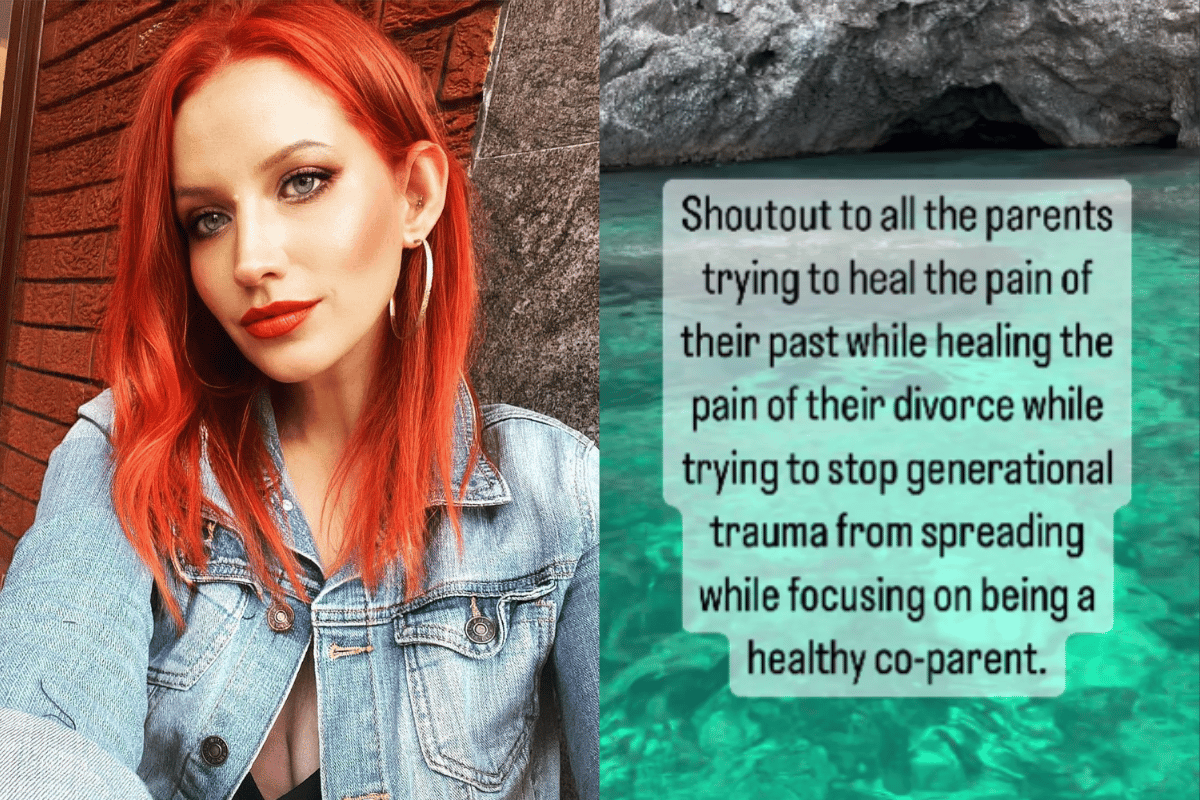
I was deep in an iPhone scroll hole, when a reel of turquoise waves, gently lapping a cliff-lined Euro shore, idled on my feed.
The hovering text read: “Shoutout to all the parents trying to heal the pain of their past while healing the pain of their divorce while trying to stop generational trauma from spreading while focusing on being a healthy co-parent,” and… ugh. It made me really pissy.
I had no issue with the creator, nor her innocuous messaging. It was just the final straw for me in a veritable ocean of trite social media accounts romanticising trauma and perpetuating victim mentality.




























































































